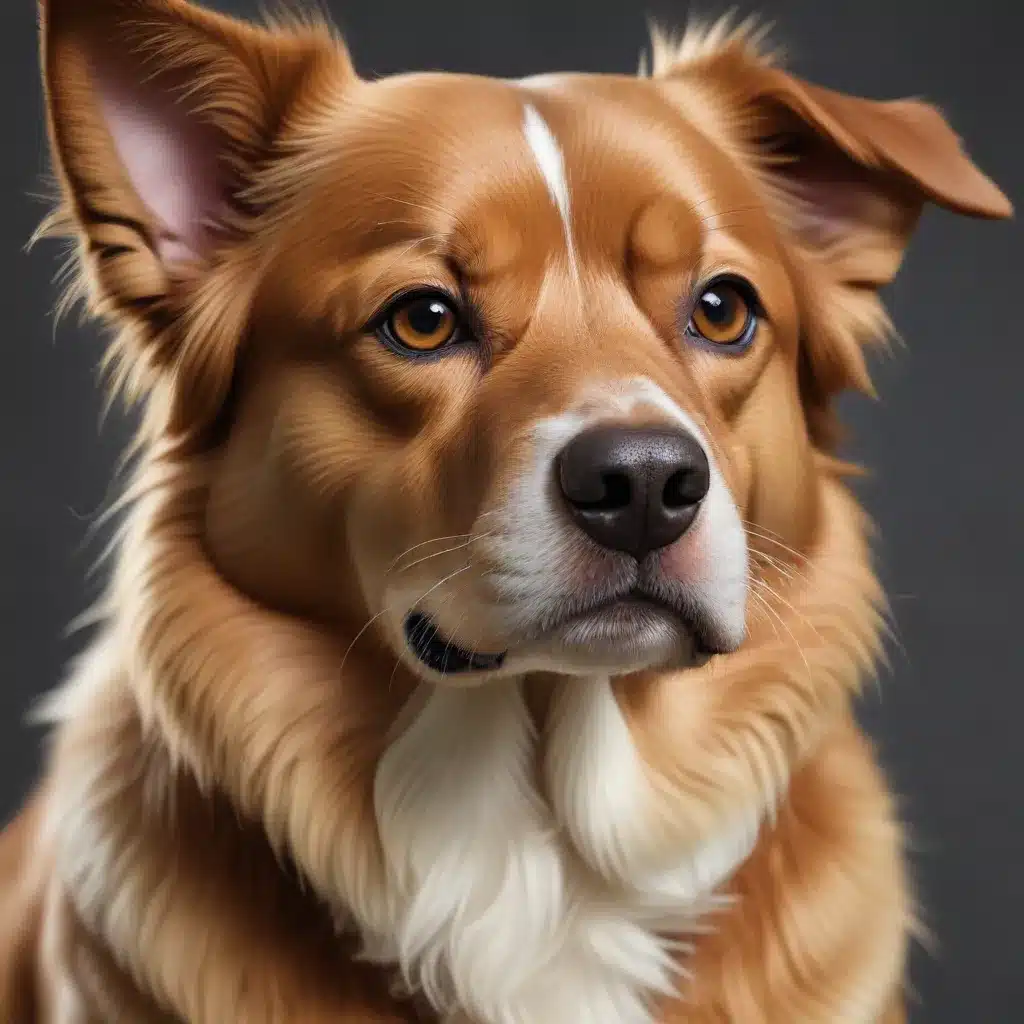
As a seasoned artist from Pencil and Paint Muse, I’ve honed my skills in both classical and contemporary techniques, mastering the art of pet portraiture. From understanding the nuances of color theory to perfecting step-by-step painting processes, I’m here to share my expertise and inspire you to create captivating, lifelike renderings of your beloved furry, feathered, or scaly companions.
Art History Influences in Pet Portraiture
Classical and Renaissance Art Traditions
The roots of pet portraiture can be traced back to the classical and Renaissance eras, where artists sought to immortalize the beloved animals of the aristocracy and nobility. Masters like Leonardo da Vinci and Albrecht Dürer applied their keen observational skills and technical prowess to capture the essence of their subjects, whether it was a majestic horse or a loyal hound.
These timeless works of art not only showcased the animals’ physical attributes but also conveyed a sense of their individual personalities and the special bond they shared with their human companions. The attention to detail, accurate proportions, and masterful rendering of textures and forms laid the foundation for the art of pet portraiture.
Impressionist and Post-Impressionist Techniques
As art evolved, the Impressionist and Post-Impressionist movements introduced a fresh perspective to the depiction of pets. Artists like Pierre-Auguste Renoir and Paul Cézanne embraced a more expressive,